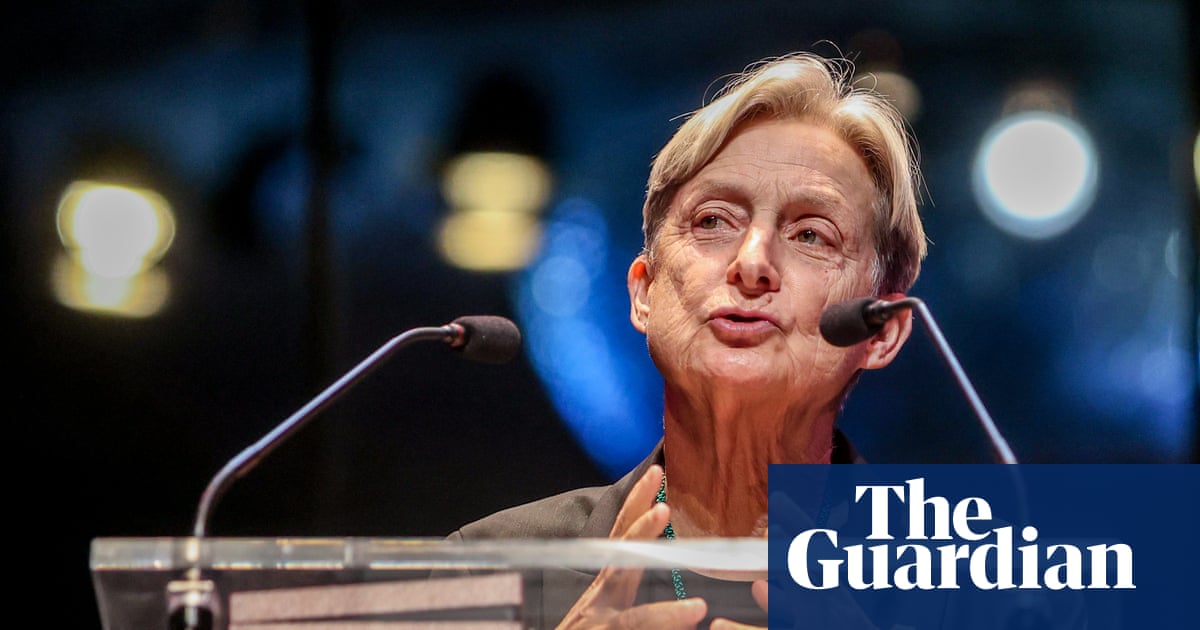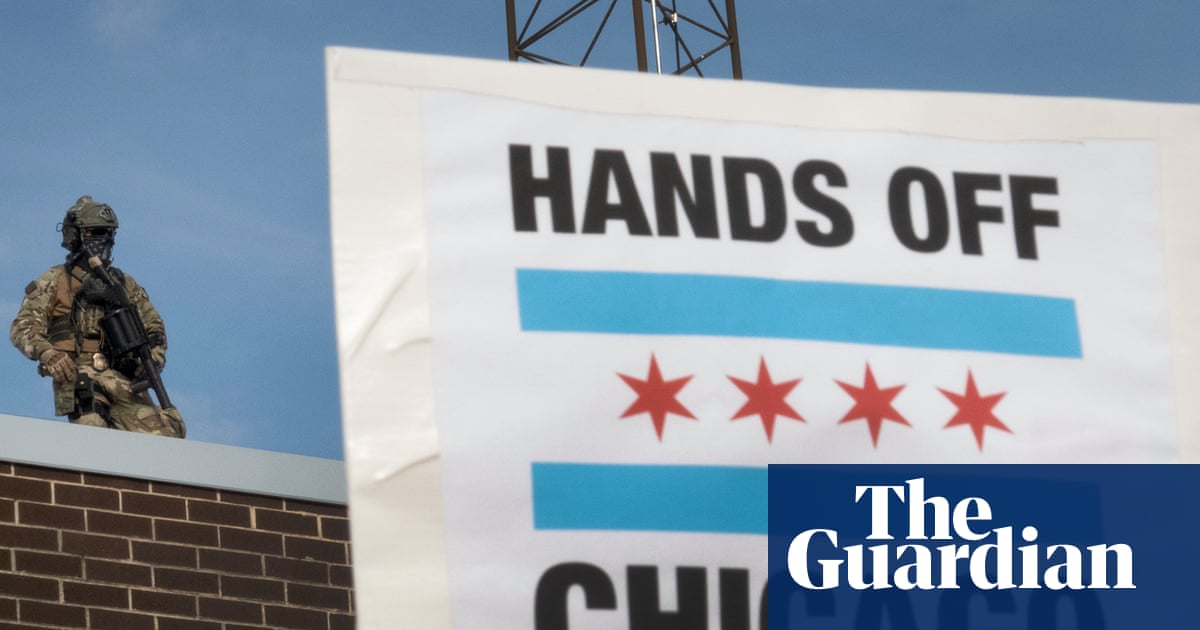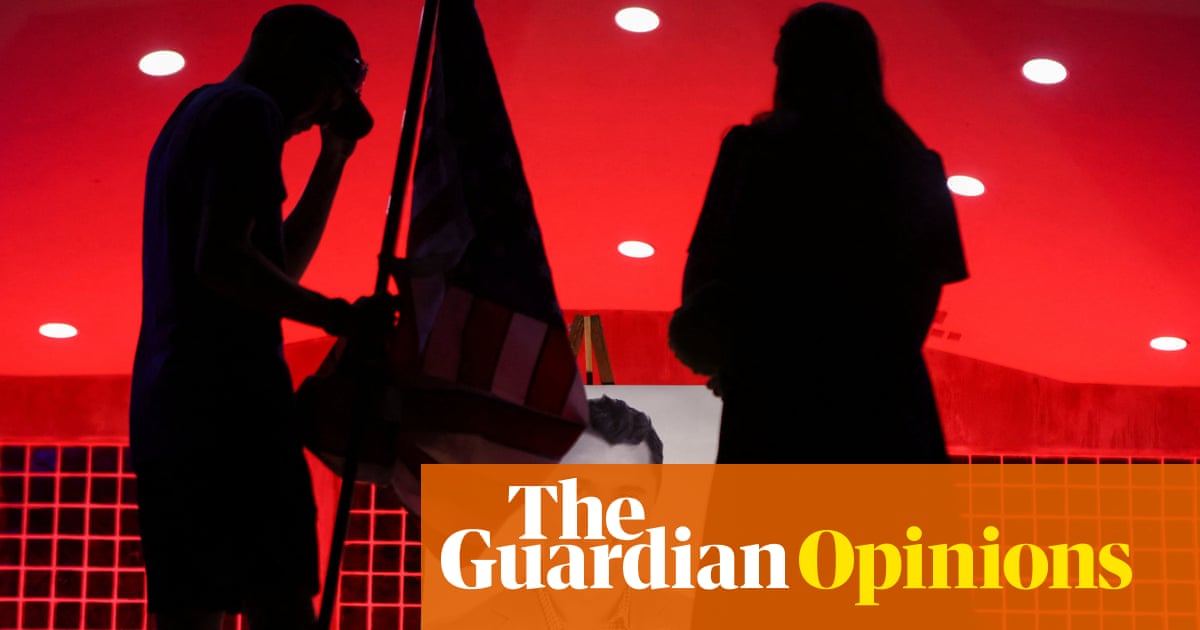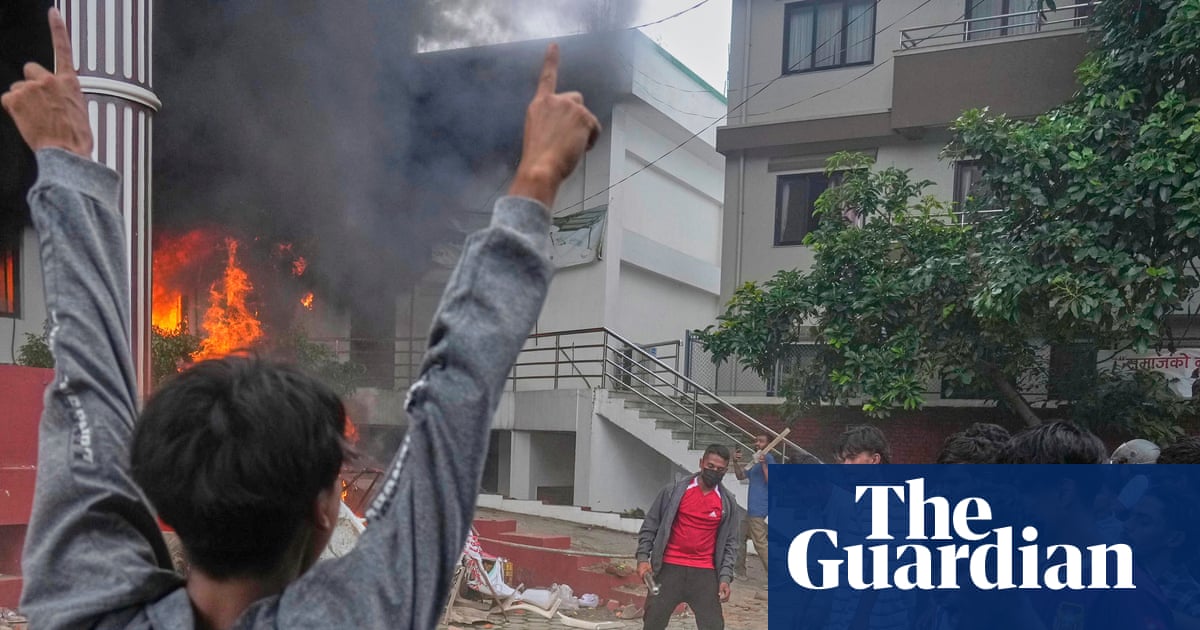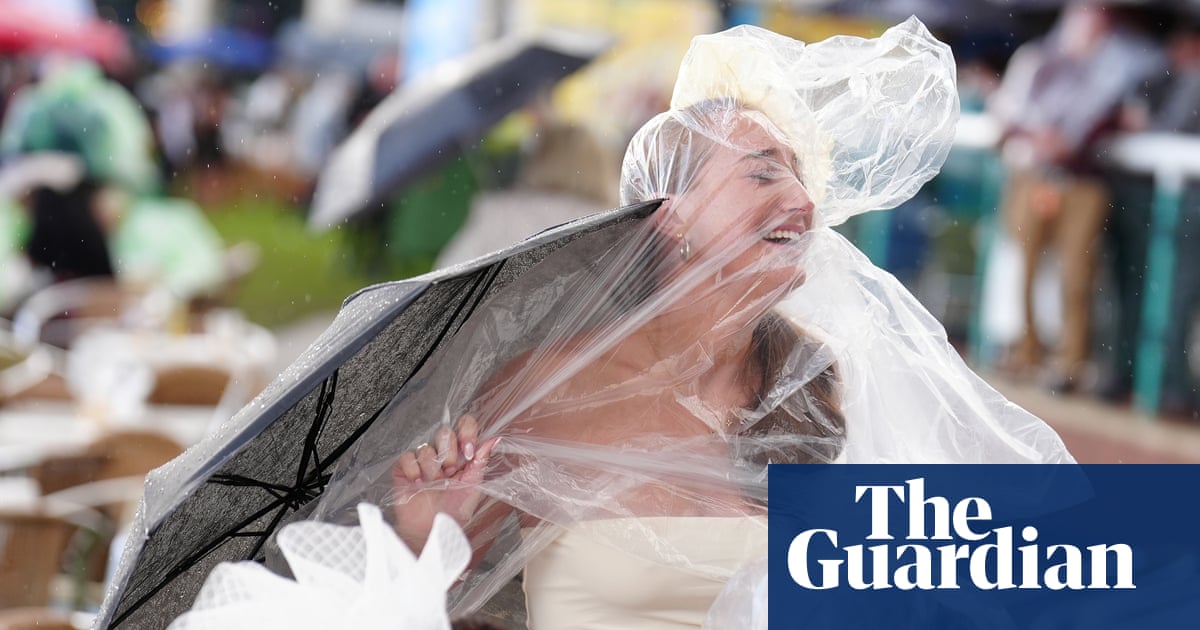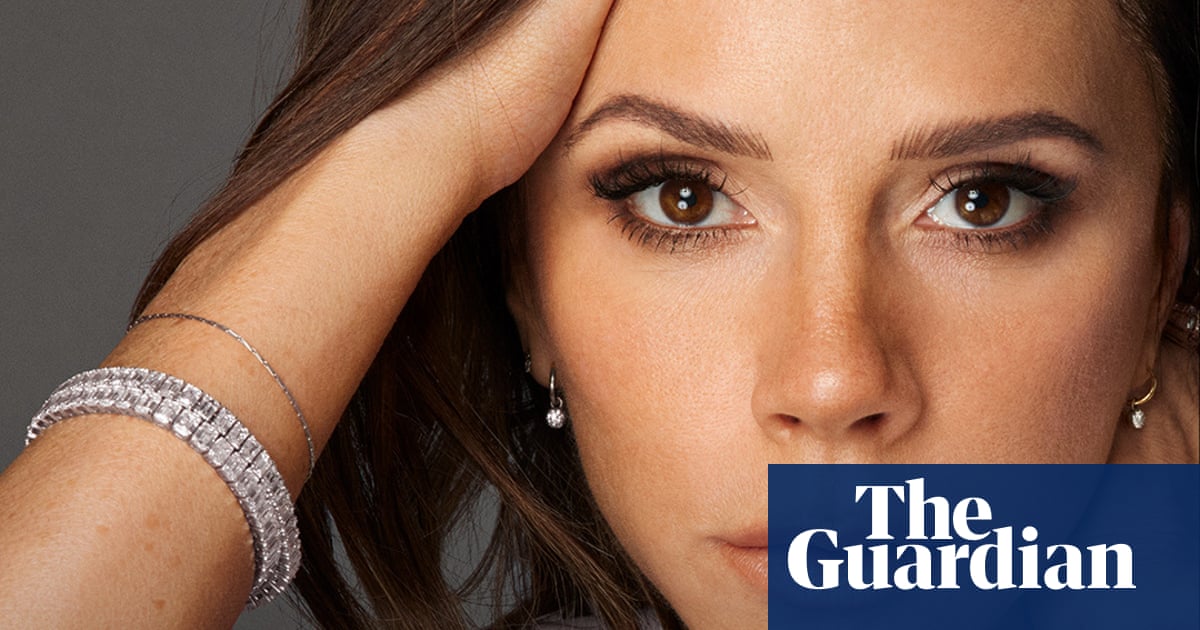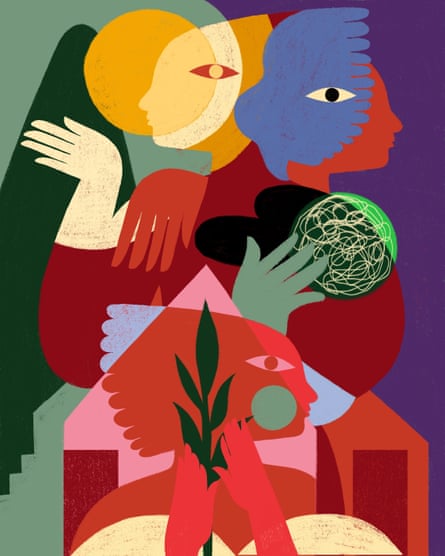
It was business as usual for Jordan Madison in early 2020. Her commute included taking a bus from Silver Spring, Maryland, to her job in Bethesda. Madison, 25, was working at the time on her license to become a clinical marriage and family therapist, and worked part-time at Instacart to earn extra money. By March 2020, the world had shut down because of the Covid-19 pandemic.
“The first two weeks, I was like: ‘OK, this is nice. I don’t have to leave my house. This is a nice little vacation. We’ll probably go back to work in like a month or so,’” Madison remembered thinking.
In the following weeks, there were mask mandates and social-distancing requirements in grocery and retail stores. Gathering places – restaurants, shops, clubs and bars – were shut down. Schools were trying to figure out how to provide education online and churches were engaging their parishioners virtually. Zoom replaced in-person meetings and friends connected through FaceTime.
The pandemic also laid bare the health and wealth disparities in the US, as Black people were three more times likely to be diagnosed with and die from the coronavirus. They were more likely to be essential workers – those who worked in transportation, healthcare, grocery and retail stores and meat factories – and, as a result, most likely to be exposed to the coronavirus. At the same time, as businesses were forced to close, unemployment increased in Black communities, and Black entrepreneurs, unable to get access to funds set aside for small businesses, struggled.
For single Black women, the pandemic was a mix of isolation, loss of community and social connections and a return to the foundation of family. It was also an opportunity to create something new, reflect on the future and tap into the things that mattered most.
‘Every single day was the same day’
When the world didn’t open up by the end of April, Madison says, she “felt like we were in a movie” and “like life was paused”.
“Every single day was the same day. All the days started to blend together,” said Madison. “It became hard to separate work. I was used to going into work, and so while I appreciated not having to get on public transportation, it was a lot to just be in your house all day, every day, and then be scared to be around other people.”
Even though she grew up as an only child, Madison admitted, the first few months of the pandemic felt “pretty isolating”. It was hard not being able to go out and do the things she usually did with her single friends. She eventually went home to New York, where she quarantined with her mother and grandmother until the end of June.
During the time she was with her family in New York, a racial reckoning occurred in the US after the deaths of Breonna Taylor, Ahmaud Arbery and George Floyd. Madison said she had wanted to join the thousands marching and protesting police brutality, but also needed to be safe while living with her mother and grandmother.
“So many people died in isolation,” she said, “or, you couldn’t celebrate or honor their lives because people couldn’t have funerals. So I just remember being really, really grateful that, yeah, this sucks, but my life is not being torn apart the way that other people were.”
Kailyn Townsend was one of those who couldn’t celebrate or honor her loved ones the way her family had been accustomed to or wanted to during Covid. Her maternal great-grandmother died in April 2020, a month into the pandemic, and a few months later, in June, Townsend’s father’s mother passed away.
“I was able to make it to my great-grandmother’s funeral, but it was kind of weird because everybody was socially distanced,” the Memphis native remembered. “We didn’t get to do a lot of the traditional things that we do [at funerals].”
Townsend says she didn’t make it back home to her paternal grandmother’s funeral because she missed her flight due to the protests over George Floyd’s murder.
“There was a lot going on that year, and I was very isolated,” said Townsend, 30.
Exploring creativity
Townsend, a graduate of Howard University School of Law, was months into a one-year clerkship at the Small Business Administration when the pandemic hit. After her clerkship ended, it took her several months to find another job.
“It took a toll on my self-confidence, on my morale. I ended up filing for unemployment, so I had some money to stay afloat, but it was just a lot of uncertainty and worrying about if I would ever find a job or what that would look like,” Townsend said.
But it was during this time that Townsend explored her creative side and nurtured her inner artist. She learned after her grandmothers’ deaths that they had never gotten to pursue their artistic interests: playing the piano and writing poetry. It inspired her to begin writing her own poetry.
When Townsend got a new position in the federal government, she realized she was no longer interested in a career in the legal field. But it wasn’t easy to leave. She had moved to the big city from the deep south, gotten a law degree and passed the bar and was expected to climb the corporate ladder and be a big success. But after four years at the job, she moved back to Memphis and is now looking for a position in the creative arts.
“The catalyst was the deaths of those matriarchs in my family,” said Townsend. “They left without any or many people knowing that they had an artistic or a creative side. I don’t want to die and people not know the things that I’m interested in or the things that I want to put out into the world.”
The deaths of two people close to her during and after the pandemic also prompted Napiya Nubuya to rethink her future and what mattered most to her. The 35-year-old founder and CEO of the Next IT Girl had only been in Atlanta a little more than a year before the pandemic hit.
“I loved being downtown. I loved being in Midtown. Loved riding the scooters. I was outside. I was having a good time – trying all the new things, going all the places. I just loved being out in Atlanta. I was excited to be in this new city,” said Nubuya, who is from Charleston, South Carolina, and described the beginning of the pandemic as a loss of freedom. “I think as soon as the pandemic had happened, I was just like: ‘What do I do? What is life now like?’ I was also trying to find my community, my tribe before the pandemic.”
Nubuya’s employer had cut her salary 25% because of the uncertainty of the pandemic. At the same time, her rent increased by hundreds of dollars. She didn’t have friends nearby and she missed home. Eventually, the IT professional got a new job, but it required her to work long hours as technology skills became more in demand during the pandemic.
“I took a very hard hit in my work-life balance. I was averaging probably 50 hours a week,” remembered Nubuya. “The mental strain was starting to weigh on me.”
So Nubuya, who turned 30 just a few months into the pandemic, relocated back to South Carolina in the fall of 2020, where she had family and community. She used the opportunity of social distancing, office closures and remote work to travel, visiting places such as Arizona, New Mexico, Tanzania and Kenya.
“I was traveling all the places that were on my bucket list because I was like: ‘I’ll never get this time back again.’ I felt like this was my Eat, Pray, Love,” she said, referring to the 2006 memoir by Elizabeth Gilbert about traveling through Italy, India and Indonesia after a difficult divorce, which was adapted into a film in 2010. Nubuya said: “I had the independence to create the spaces and opportunities I wanted to be in. It was doing what I wanted, when I wanted, going to places, waking up late, eating what I wanted. There was this sense of independence.”
In December 2022, Nubuya took a leave from work to help care for her father, who had stage four metastatic stomach cancer. He died in January 2023. Months before learning of her father’s diagnosis, Nubuya had been at the side of a good friend and member of her non-profit who was also struggling through a cancer battle; she died in May 2022.
Burned out, Nubuya said, she couldn’t go back to work in a corporate environment. Instead, she reluctantly stepped into a leadership role at the non-profit she had founded in 2015, Next IT Girl, which focuses on introducing girls of color to the IT profession. Nubuya said she had never imagined that she would be an entrepreneur. She was content with “getting my check every two weeks, my benefits”. But she looks back now and realizes that she had been running from her calling.
While the pandemic was one of the scariest times in history, the step away from “normal” life gave some an opportunity to reflect and reconnect, travel, write books and explore new ideas. Nubuya’s burnout and personal tragedies during the pandemic gave her the push to leave corporate America. The isolation of the pandemic helped Townsend leave an unfulfilling career in the legal field. And the pandemic gave Jordan Madison the time and space to start her own virtual mental health practice (Therapy Is My JAM).
“The pandemic taught me the importance of valuing community. Isolation is deteriorating to your mind, to your body, to your work,” Nubuya said. “The pandemic taught me, no regrets. Do what you feel, and take chances. You can get back up, but don’t take your last breath with any regrets.”

 3 months ago
46
3 months ago
46

